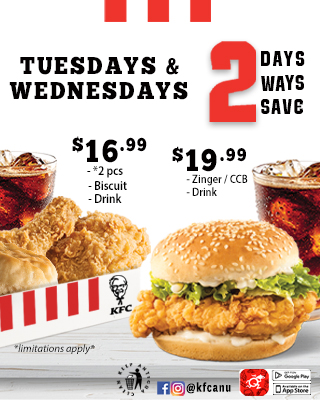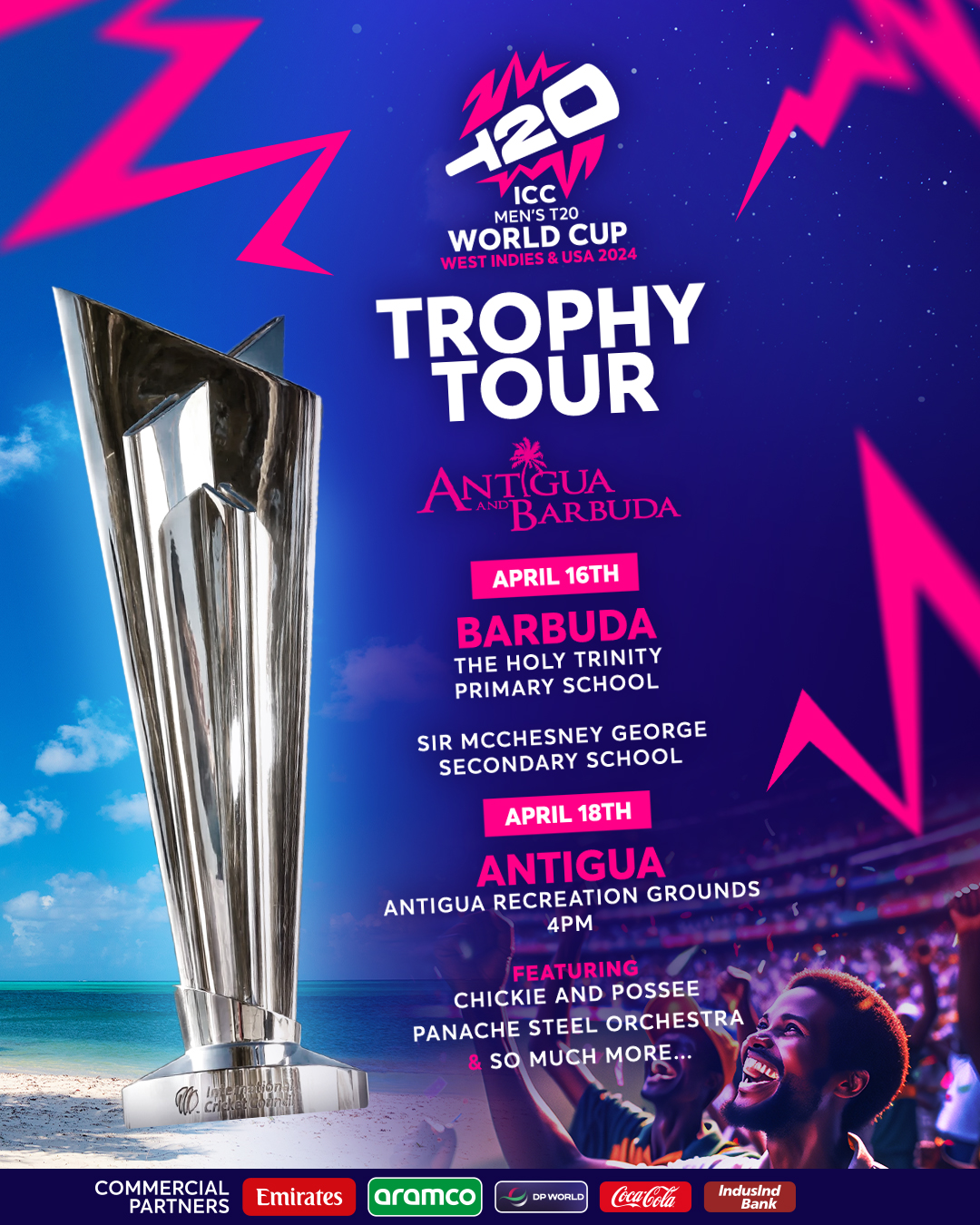
WASHINGTON, United States (AFP)— People who received Johnson & Johnson’s COVID-19 vaccine may benefit from a booster dose of Pfizer or Moderna, preliminary results of a US study published Wednesday showed.
The study, funded by the National Institutes of Health (NIH), was eagerly awaited in the United States because it looked at the possibility of “mixing” vaccines — using a different vaccine than the initial doses for the booster shot — which is not currently allowed in the country.
The study was conducted on 458 adults who had been vaccinated with one of three US-approved brands (Pfizer, Moderna or J&J) for at least 12 weeks.
These three groups were each divided into three new groups to receive one of the available vaccines as a booster. The nine groups consisted of about 50 people each.
Researchers then analyzed antibody levels 15 days after the booster shot.
For people originally inoculated with J&J, antibody levels were four times higher after a J&J booster, 35 times higher after a Pfizer booster and 76 times higher after a Moderna booster.
And antibody levels for those who had originally received Moderna shots were higher “irrespective of the booster vaccine administered,” when compared with those who had initially received Pfizer or J&J, the study said.
Additionally, “no safety concerns were identified” after booster doses were administered, it found.

The study, which has not yet been peer-reviewed, has several limitations, however.
The number of participants was small, and the immune response could evolve over time, beyond the 15 days observed during the study.
“Important not to get too carried away with the findings,” tweeted Peter Hotez, a professor at Baylor College of Medicine.
Results from trials on a second J&J booster shot conducted by the company itself were “impressive,” he said.
The NIH study should fuel discussions by a US Food and Drug Administration (FDA) expert committee, which is scheduled to consider applications for a booster dose from Moderna and J&J on Thursday and Friday, respectively.
A booster from Pfizer has already been approved in the United States for certain populations, such as people aged 65 or older, adults with high-risk medical conditions and those in jobs where they are frequently exposed to the coronavirus.

Advertise with the mоѕt vіѕіtеd nеwѕ ѕіtе іn Antigua!
We offer fully customizable and flexible digital marketing packages.
Contact us at [email protected]
















Of course Moderna’s vaccine triggered a higher immune response; it’s lipid nanoparticles are 100 mcg compared to Pfizer’s which is 30 mcg.
Wow! A full two weeks of observation and it’s time to jabberwocky.
There is a thing call high zone tolerance. Dose response in vaccines are not linear. The immune system is very complicated; more is not always better, sometimes more can turn off the immune system, can shut it down. Be Careful.
This is a puzzle. The US did not want to consider people vaccinated if they had mixed vaccines. Are people now suggesting that it should be done? There people are hell bent on getting everybody injected with the mRNA vaccines for a reason. When you take these boosters does this mean that you always have to take an mRNA booster shot?
The question to be asked is, what is in these mRNA vaccines? Some of these people have tried to sideline the J and J and the AstraZenica vaccines to the point where some countries are no longer using them. Recently there was an article that there was a problem with Moderna. Has there been any problems with Pfizer?
There is something going on here. Part of it could be controlling the markets and part of it could be something else.
Tired of all these self serving studies. Who is on whose payroll as consultants?
Comments are closed.